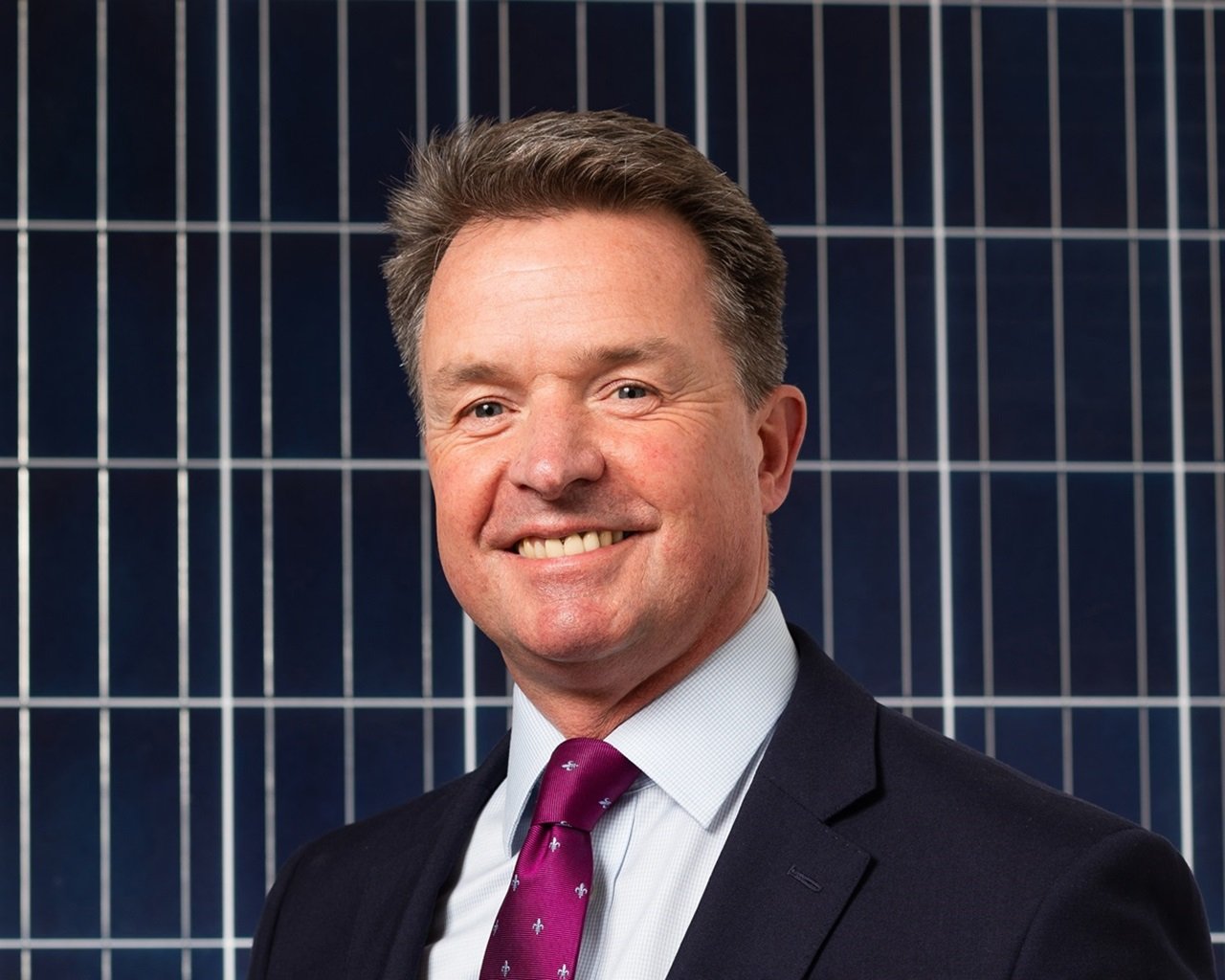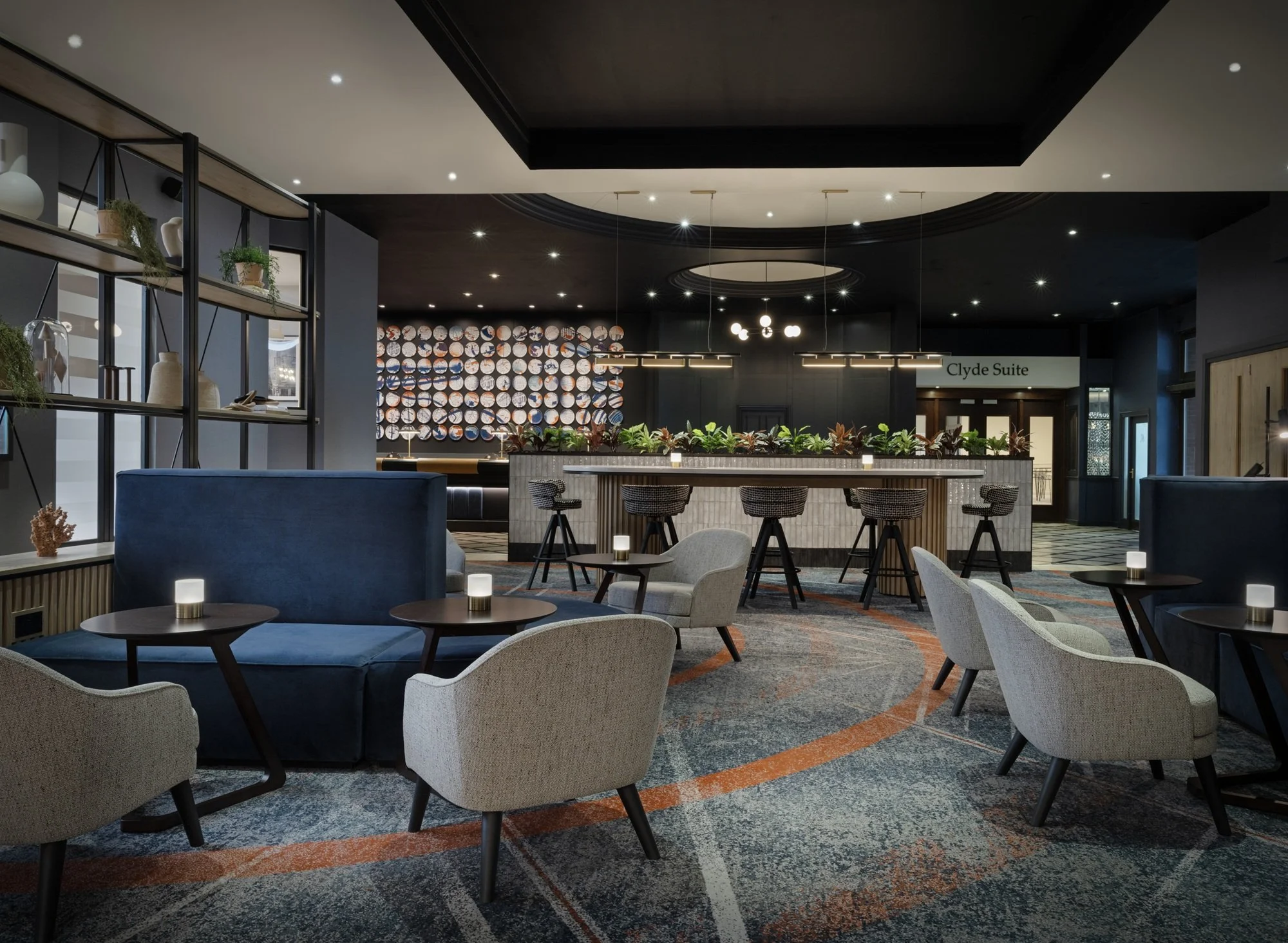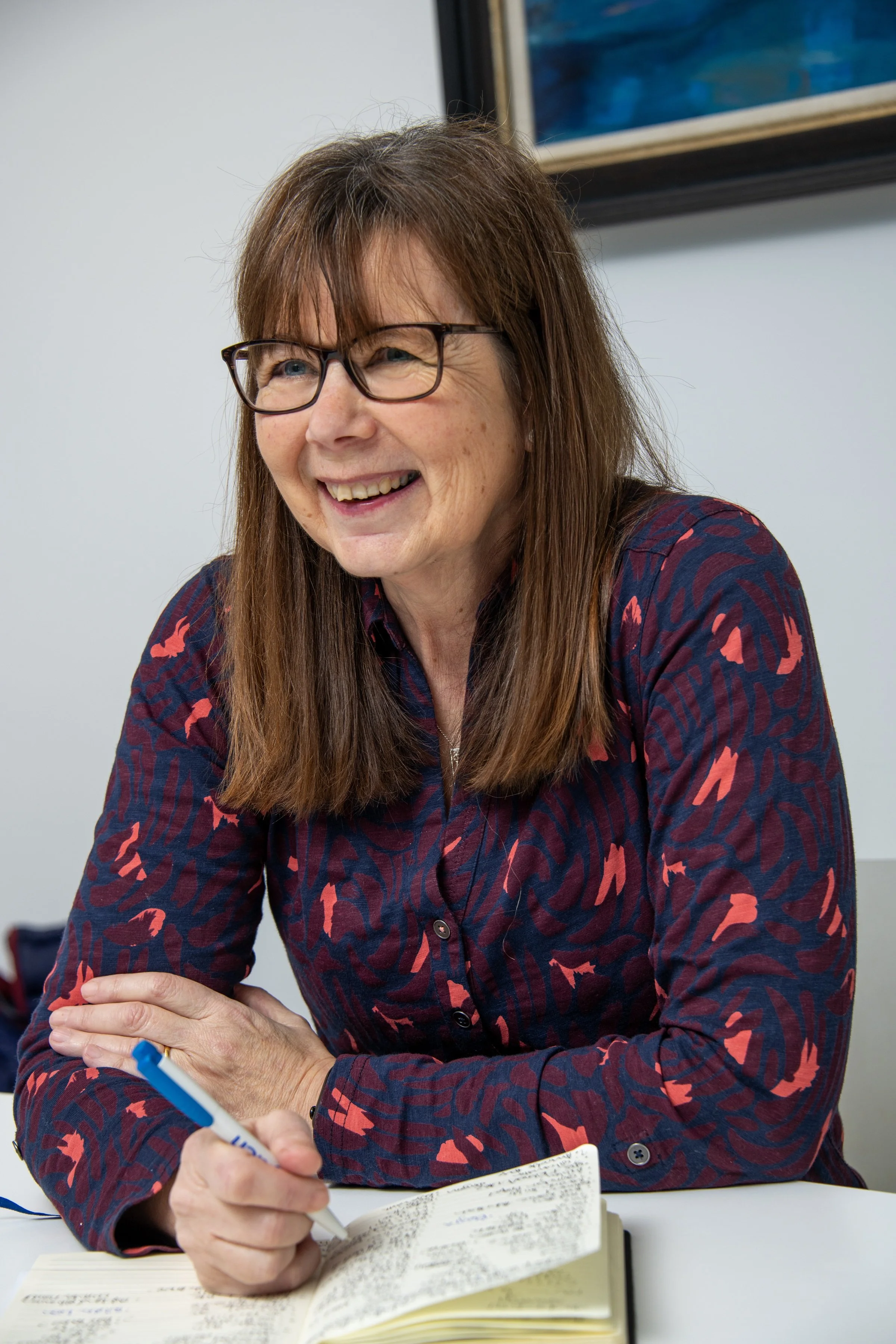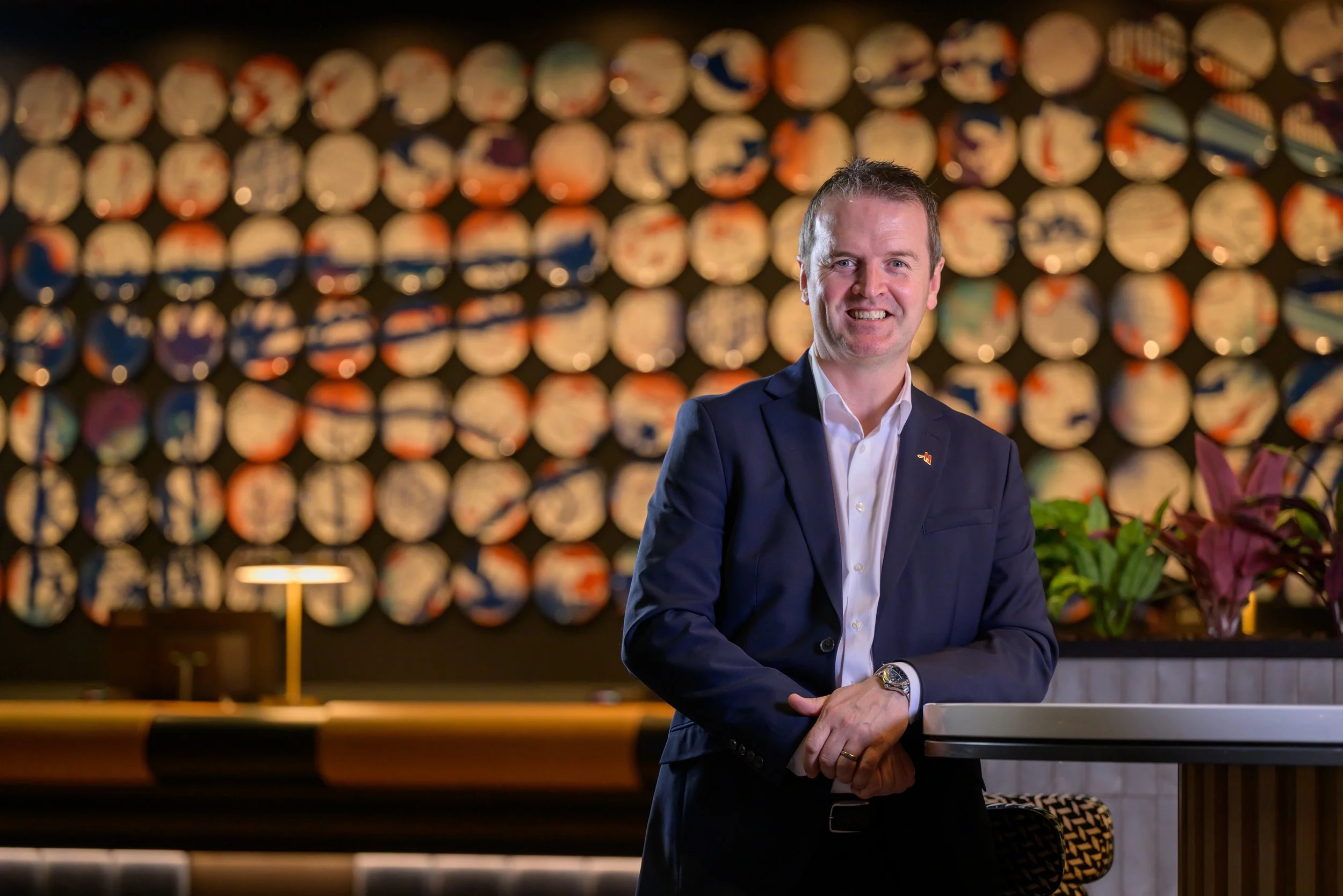Making our streets fit for use? I’ve seen the light.
Walking and running are some of the most effective ways of getting fit and boosting wellbeing
By the time the Quality Street tin is empty and the last of the empty bottles has been squeezed into the recycling bin, most people will have made some sort of resolution about getting healthy. And under the current restrictions the easiest way to do that is to pull on your trainers and head out the door.
But if your route involves poorly-lit streets or dark corners where danger could be lurking, then wouldn’t you untie your laces again and just stay indoors?
Walking and running are some of the most effective ways of getting fit and boosting wellbeing, but for many people the risks outweigh the benefits at this time of year. In fact a whole cohort of runners and dog-walkers disappears during the winter months, including women, the elderly and people who feel vulnerable. Their freedom is restricted by a fear of what’s lurking in the shadows or of concerns about injuring themselves on badly-lit and broken pavements.
It can’t be right that at least half of our population has to limit their activities during the winter months because they feel that the streets are unsafe and as landscape architects it is our responsibility to ensure that the spaces we create are accessible to everyone regardless of time of day or season of the year.
The most effective way to do that is by making our streets and other public spaces feel welcoming so that people are comfortable using them, because it has been shown that the presence of other people is an important part of creating a sense of security.
Other key steps include creating visible routes so that people can see what lies ahead and installing lighting that illuminates spaces and doesn’t create dark pools. Poor lighting is an issue on many of our streets but it shouldn’t be because technology can resolve many of the problems that have traditionally been caused by street lights that aren’t up to the job. And it doesn’t just help humans - smart lighting systems exist now that can keep the streets bright for pedestrians at night and then dim their beams in the early hours to levels that don’t affect the habits of nocturnal wildlife.
The upkeep of spaces is also important. If streets are clean and the paving is well-maintained then walkers and runners can look ahead, instead of having to focus on where they are putting their feet, but in too many places broken paving and steps that are tricky to negotiate present obstacles at night.
At HarrisonStevens we spend a lot of time thinking about these issues and how to resolve them as effectively and aesthetically as possible. We are careful when using uplighters to position them where they won’t shine directly into the eyes of passers-by as this could cause momentary blindness and we design planting schemes so that they don’t obscure routes and sight lines. We also draw up maintenance plans to ensure continuity in the years ahead.
Our urban environments are filled with examples of where little thought has been given to the bits between the buildings and as a result there are places that make people feel uncomfortable or which are dead zones at night. But attitudes have changed and we are increasingly working with clients whose first focus is on making attractive and functional spaces and where the buildings have to contribute to a sense of place and it is this approach that stands the best chance of making our streets feel safe for everyone.
Debbie Harrison is a director of HarrisonStevens Landscape Architects







